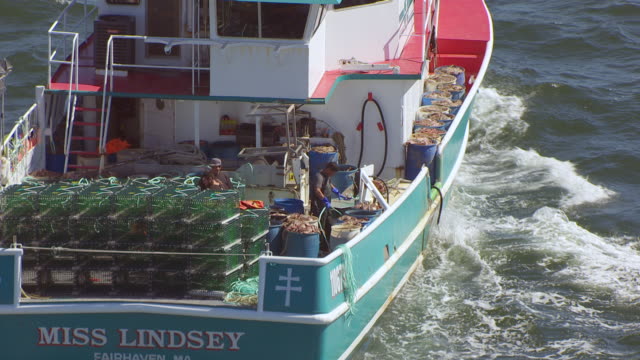Massachusetts Shuts Down Many South Coast Shellfish Beds Due to Sewage
Posted
Last Updated
The Massachusetts Division of Marine Fisheries is immediately shutting down thousands of acres of shellfish beds surrounding the New Bedford and Fairhaven wastewater treatment plant outfalls to comply with federal health and safety standards.
More than 18,000 acres of the Dartmouth, Fairhaven and New Bedford coastline, including quahogging areas off the outer New Bedford Harbor, will be reclassified from being conditionally approved shellfishing areas to prohibited. This means the state will not permit harvesting shellfish from these areas under any conditions.
The decision represents a roughly 11,000-acre increase in closures from the roughly 7,000 acres in New Bedford Harbor that were closed in October 2023 over concerns about sewage contamination. The state agency will not be revisiting the classifications for another year, at least.
Shellfish beds along roughly 90,000 acres of lower Buzzards Bay — from Westport to Mattapoisett, and out to the Elizabeth Islands — will also be reclassified, from being approved shellfishing areas to conditionally approved. These beds will be open to harvest except under emergency conditions like sewage overflows, which occur during heavy rains. Shellfish caught in those areas also cannot be sold to the European Union.
“Here in Massachusetts, we pride ourselves on our nation-leading seafood industry, including culturally and economically important traditions of shellfishing in Buzzards Bay,” Department of Fish & Game Commissioner Tom O’Shea said.
“While it’s difficult to see any additional areas closed to shellfishing, these actions are necessary to comply with national standards and protect consumers from real public health risks.”
The shellfish bed reclassifications will affect recreational fishermen on the west side of Fairhaven, and two commercial quahog fishermen who historically dredge the offshore beds, DMF officials said. These vessels had commercial landings worth less than $20,000 in 2020.
There will be no recourse for fishermen affected by the closures.
read more at newbedfordlight.org.

